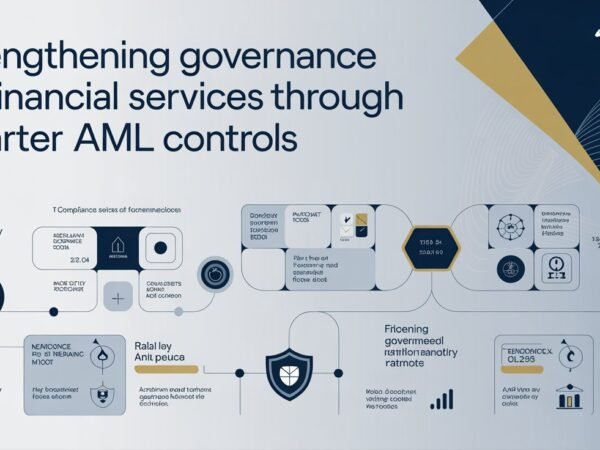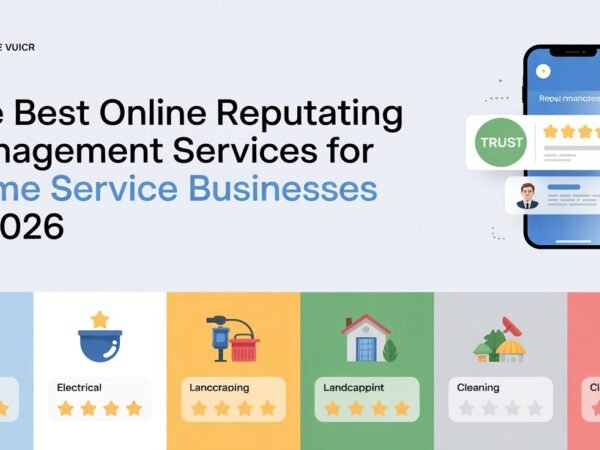When discussing business resources, we often picture spreadsheets, CRM tools, or capital budgets. But beneath the surface, another kind of support system is at play—one that doesn’t appear on invoices or performance reviews.
Think of a last-minute tip from a coworker. A random spreadsheet buried in an old folder. A passing comment that helps you avoid a mistake. These are equally important, even if they are not budget lines or corporate regulations.
The Hidden Layer of Business Support
The Value of Untracked Knowledge
Not everything valuable in a business is recorded or documented. That shortcut someone figured out for your internal system? That’s knowledge, just not the kind found in manuals. Informal know-how, shared casually, builds a safety net for decision-making.
Peer Advice as a Navigational Tool
Sometimes, the most reliable guidance isn’t from a formal report but a colleague’s quick Slack message or shoulder tap. These mini consultations happen in seconds and carry weight, especially when made by those who know the nuances of the team or the project. Peer-to-peer advice has become one of the most underrated business resources.
Accidental Infrastructure That Works
The Slack Thread No One Archived
Workspaces are filled with legacy knowledge—old chats, project docs, random spreadsheets with gold inside. When someone reuses or references these without realizing it, they tap into a passive resource library. It’s not elegant or organized, but it works.
Email Chains Turned into Institutional Memory
In many businesses, long email threads accidentally record “how things are done.” While not formal process guides, they shape future decisions. Employees scan old exchanges to figure out context, expectations, or reasoning. That’s a form of resourcing—just not a recognized one.
The Unseen Engines of Team Collaboration
Informal Mentorship Moments
You don’t need an official mentor to benefit from mentorship. A quick coffee chat with a seasoned teammate or a casual check-in with a manager can offer priceless direction. These micro-interactions form a social learning network, often more responsive than structured training programs.
Community as a Knowledge Source
In many workplaces, people build informal communities—group chats, lunch groups, or recurring calls—to troubleshoot, laugh, and swap knowledge. These spaces are soft power centers. They’re not listed under “resources,” but they reduce friction, ease transitions, and fuel creativity.
Making Informal Resources More Accessible
Cataloging Without Formalizing
The challenge: How do you make informal resources more straightforward to find without making them formal and stiff? One answer is creating lightweight knowledge hubs—a shared Google Doc of common questions, a pinned post in Slack, or even a team FAQ channel. These small moves preserve spontaneity while increasing visibility.
Encouraging Sharing, Not Hoarding
People naturally share what they know when they feel safe, respected, and included. Cultivating a culture that rewards transparency over territoriality helps informal resources thrive. This isn’t about rules—it’s about atmosphere. A little gratitude for shared insights goes a long way.
The Real Cost of Ignoring Informal Assets
Repeating Mistakes
When informal resources aren’t valued, teams are forced to relearn the same lessons. Time is wasted, morale dips, and performance suffers. A casual “don’t forget to double-check this field” reminder can prevent an expensive blunder.
Losing Context with Turnover
Employees often take some of these hidden assets with them when they leave. That Slack thread? Deleted. That nuanced trick for reconciling data? Gone. Businesses that don’t document or at least respect informal knowledge face steep drop-offs in efficiency.
Where Informality Meets Innovation
Space for Trial and Error
Rigid processes sometimes discourage experimentation. Informal resources, on the other hand, allow space for “let’s try this” moments. They don’t need approval cycles or slide decks. Many product features, marketing ideas, or team hacks come from casual discussions rather than formal brainstorming.
Unlocking Creative Collaboration
Some of the most creative collaborations start with a random comment or a playful suggestion in a casual setting. When teams have access to non-pressured environments, they’re more willing to take risks, and that’s when innovation happens.
Conclusion
Businesses are often built on more than what’s officially recognized. Budgets and tools matter—but so do the subtle, frequently invisible exchanges that shape decisions and build momentum. When we acknowledge the role of these informal business resources, we don’t just improve efficiency—we create workplaces that feel more human, responsive, and adaptive.
So next time you overhear a helpful tip, spot a valid comment in an old chat, or get a nudge from a teammate, pause. You’re witnessing the quiet currency of business at work.
Frequently Asked Questions
What are informal business resources?
Informal business resources are unstructured tools and knowledge shared casually, such as coworker tips, shared folders, or group chats.
Why are informal resources necessary in business?
They help teams solve problems quickly, reduce repetitive mistakes, and encourage collaboration.
Can businesses encourage informal resource sharing?
Yes. By fostering a culture of openness, gratitude, and curiosity, businesses can create spaces where informal knowledge naturally circulates without strict rules.
How do informal resources affect productivity?
They often speed up decision-making, reduce reliance on lengthy documentation, and offer fast solutions.
Do Read: How Modern Excavation Practices Are Shaping Safer Construction Sites













